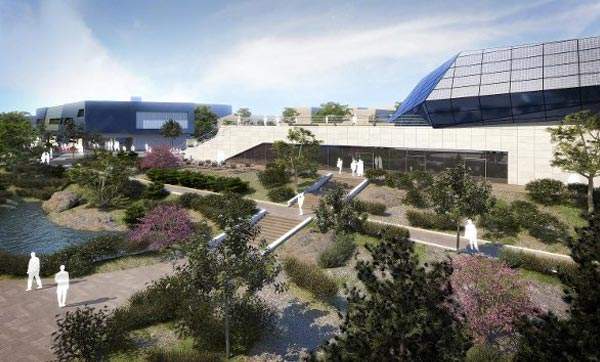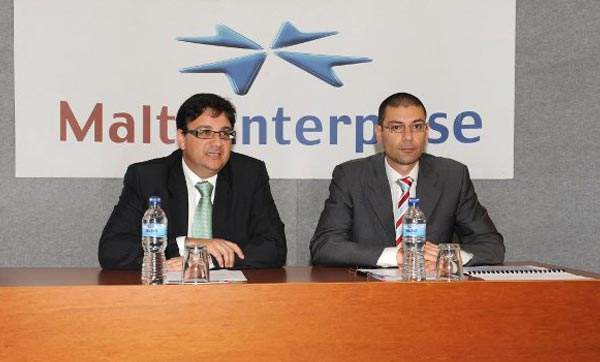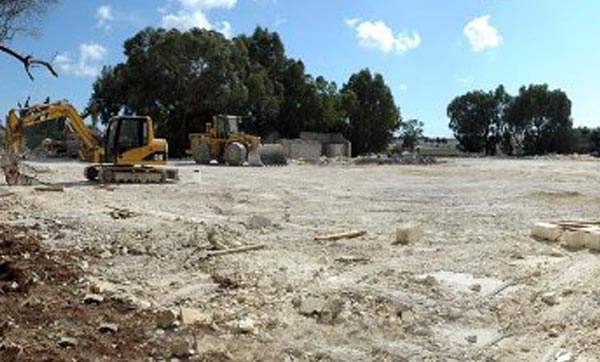BioMalta is a state-of-the-art life sciences park in San Gwann, Malta, sponsored by the Maltese Government. The centre is intended to foster the growth of the country’s life sciences industry.
The life sciences centre provides laboratory space for new and existing companies and offers business advisory services, financial incentives and tangible support to companies intending to set up operations.
The project’s development plan was approved by the Malta Environment and Planning Authority in June 2011. Construction of the BioMalta campus was completed in 2015. The project is expected to create more than 500 jobs by 2019.
BioMalta life sciences park purpose and financing
The BioMalta life sciences centre project was launched in May 2010 by the Finance and Economic Development Ministry. The project is aimed at attracting foreign direct investment into Malta’s biotechnology and life sciences sectors.
Malta Enterprise is the government agency responsible for attracting foreign investors and promoting domestic industrial development.
The project was completed in two phases and forms part of a larger proposed biotechnology park to be built in the Sam Gwann Industrial Estate.
The project was completed at an estimated cost of €38m ($50m). This was co-financed by the Maltese Government, Malta Enterprise and the European Regional Development Fund (ERDF). The European Union funded 80% of the project costs.
Location of the life sciences park in San Gwann
The BioMalta campus was built over former Yorkie and VF factories in the San Gwann Industrial Estate. Malta Enterprise also had an office building at the site.
The office was relocated to create space for the BioMalta campus and the existing buildings were demolished to make way for the campus’ construction.
The project site is strategically located near the University of Malta and Mater Dei Hospital, allowing operating companies to work in collaboration with the university staff and the hospital.
BioMalta life sciences park details
The BioMalta campus initially consists of four buildings comprising 10,000m² of laboratory space and 3,500m² of business incubation facilities. There are 61 lab units, including 11 incubation units.
One of the four buildings is dedicated to retail, conference and meeting facilities. It also has food and beverage outlets, exhibition space and an auditorium with a capacity of 150 to 200 seats. The lab space is leased to companies involved in biological and chemical research.
The campus includes wet laboratories designed in accordance with the standards of BS/EN 12128:1998, which suggests that containment levels will be maintained in biotechnology laboratories.
The modular lab design allows contracting companies to modify the space arrangement according to their requirements. The containment level of the labs is maintained by using ventilation and extraction systems with high-efficiency particulate air (HEPA) filters.
Contractors involved and R&D activities
The contract for the BioMalta campus’ design was awarded to Maltese architecture firm TBA Periti. The foundation stone for the project was laid in February 2013 and construction was completed in 2015.
The campus’ research laboratories carry out Containment Level Two fields of research, which means working with biological agents, hazardous chemicals and genetically modified organisms with a medium risk level.
Production activities at the BioMalta facility in San Gwann
The BioMalta campus is involved only in research and development (R&D) activities. Malta Enterprise plans to set up a similar facility near the campus to attract biotechnology manufacturers to the country.
Related content
Clinical and Translational Research Centre, New York, USA
The clinical and translational research centre (CTRC) was inaugurated in September 2012. It is located in the University at Buffalo (UB) medical campus in Buffalo, New York.
Bactolac Pharmaceutical Facility, New York, USA
Bactolac Pharmaceutical’s new manufacturing facility in New York is located alongside its existing facility in Hauppauge, Long Island. Launched in August 2009, the facility has doubled Bactolac’s total facility space and daily production capacity.







